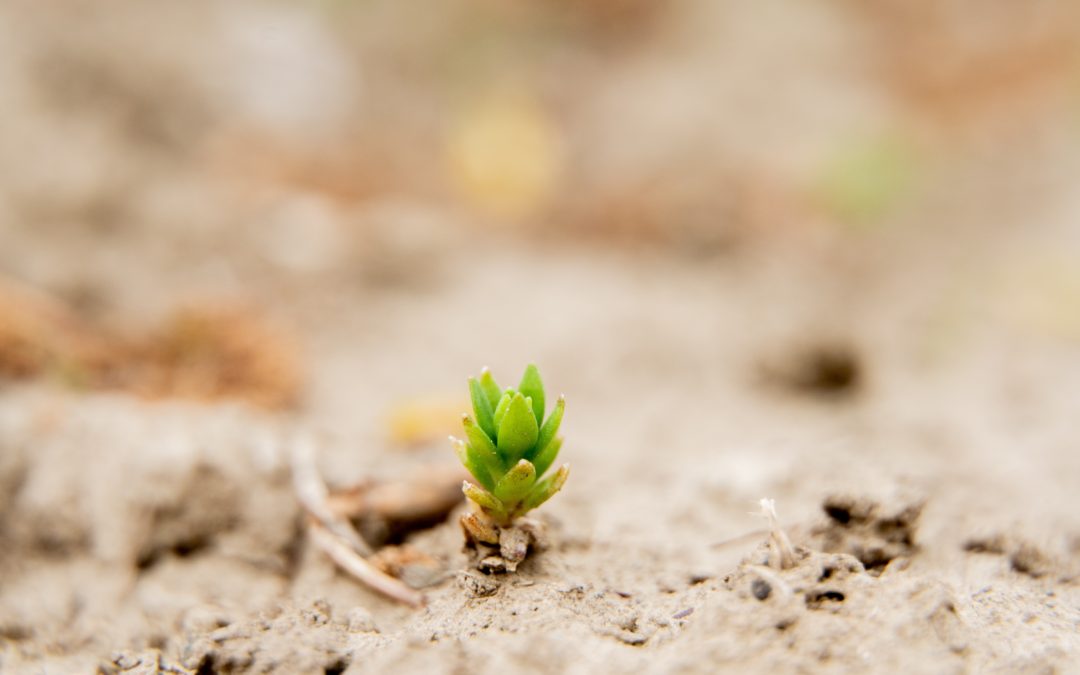One of the essential qualities of leadership is to be the custodian of your needs—and it’s an overlooked quality. We all have needs for security, love, affection, honor, and connection, among other things. Just like the physical needs for food and shelter, when we don’t take personal responsibility for these needs, we find ourselves frustrated, disempowered, and less than the vibrant people we are made to be.
The paradox here is that we often associate “leadership” with selflessness, with people who don’t share or recognize issues that arise in their own lives as important. However, it’s an essential component of our development as a leader to recognize – and take responsibility for – our own personal needs. If we don’t take this step, we pretend that other people are the custodians of our needs (usually unconsciously.)
This is critical to avoid as a leader, as we fundamentally avoid taking responsibility for ourselves. Recognizing needs makes us vulnerable. And leaders aren’t vulnerable, right? Wrong.
Actually, leaders are vulnerable. And courageous. They recognize their fragility and their gifts. If you set these aside, your leadership will become a facade. You’ll begin to lose sight of who you are as a leader, as well as what your goals are.
But why is it so challenging?
Society does not generally invite us to connect to our own needs in a healthy way. If we don’t consciously tend to our needs in a healthy way, then our Survivor Self will take over and tend to its needs, in an unconscious and much more unhealthy way. This is undesirable because, when viewing ourselves from the perspective of the Survivor Self, we tend to think that our (legitimate!) needs are weak or self-absorbed. Therefore, this perspective provides us a great excuse to not step into action at all.
How will we know if we’re the “Custodian?”
When we are not the custodian, we find ourselves playing the blame game, whether we point the blame towards ourselves or others. We tend to feel like something or somebody else is the reason why we didn’t achieve what we needed to achieve. Or, we’ll say things to ourselves like, “I’ve never been good at X, so what’s the point?”
Sometimes, we become annoyed by the same dynamics occurring in our lives over and over again. That’s a sure sign that we’re not taking responsibility for our own needs. When our needs are not being met, we look at the wrong things in our lives and expect them to change, rather than addressing the problem head-on. When we take the counterintuitive step of turning toward our own humanity and fragility, we can maturely step into leadership and generosity.
What’s at stake if I don’t?
If we aren’t playing the proper custodian to our needs, we can never play the bigger game. When we find ourselves in perpetual self-examination—but not stepping forward to lead others or contribute to the world—it’s a huge sign that, despite the endless self-referencing, we aren’t actually being the custodian of our own needs.
When we can see our needs clearly, we can also see our gifts clearly. That’s what is at stake when we don’t tend to our fragility—we’ll never connect with our truth. By keeping a sense of humility, our ability to locate our needs becomes much more prevalent.
What’s the solution?
It takes courage to uncover what our deepest needs are. In addition to our basic human requirements, we also have incredibly unique needs crafted by our individual human experience. These needs can be both wounds and gifts—and it’s our responsibility as leaders to uncover them. We must be willing to go deep within ourselves to uncover who we are and where we’re at as leaders. Take note of which needs are directly affecting your life. Then, notice the effects of tending to them as opposed to ignoring them.
This is a huge endeavor, and nearly impossible to do by ourselves. We need a place where we can collectively be supported and held to uncover what our needs are. When left to our own devices, we’ll do anything to not uncover them. It’s a vulnerable endeavour. So, we need a safe place to experience what this looks like in practice. In this space, we make sure that the ego is left out.
The biggest step we can take is to put ourselves in a space where we can uncover those needs in a loving and supportive way that aligns us with our own humanity, reality, and grace. Creating a space for this to happen is what the COR Leadership Development Training is all about. The program is only run once per year and it’s the transformation of a lifetime. Join our next cohort by clicking here.
P.S. As soon as you sign up for the LDT you will be enrolled in the LDT Groundwork Program, which will help you get in touch with your needs – and healthy strategies to meet them – right now!

